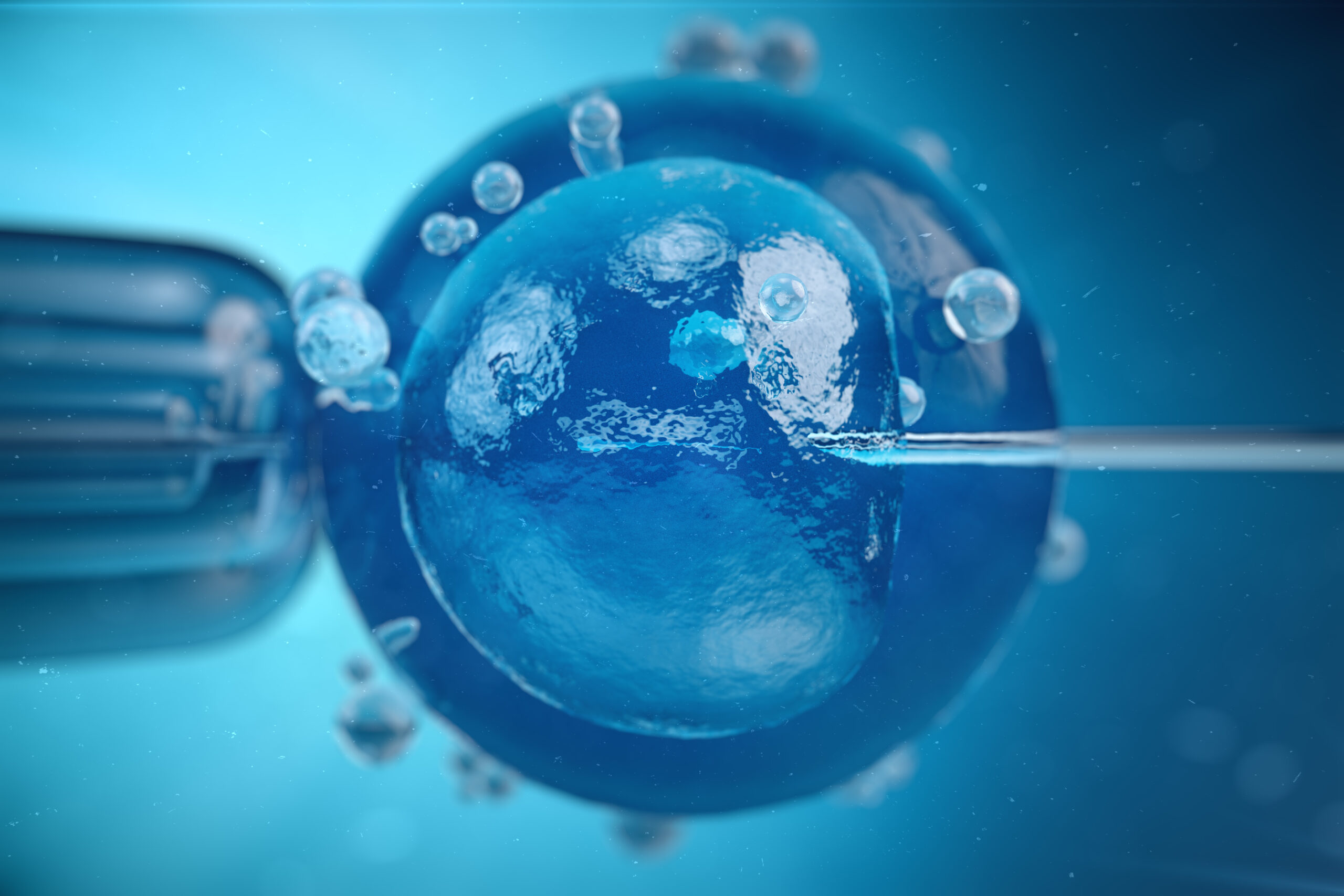Fertility is a precious gift, but life’s circumstances can sometimes delay parenthood. Whether due to medical conditions, career choices, or personal reasons, fertility preservation provides an excellent solution to secure your ability to have children in the future.
In this guide, we’ll explore everything about fertility preservation—its importance, available methods, who should consider it, and where to find the best fertility treatment in Kochi.
What Is Fertility Preservation?
Fertility preservation refers to various medical techniques that allow individuals to safeguard their reproductive potential for future use. This involves freezing eggs, sperm, embryos, or reproductive tissues to be used when they are ready to conceive.
Why Is Fertility Preservation Important?
There are multiple reasons why someone might choose fertility preservation, including:
- Medical Conditions – Individuals undergoing treatments like chemotherapy or radiation therapy that may affect fertility.
- Delayed Parenthood – Career goals, financial stability, or personal choices may lead individuals to delay having children.
- Gender Transition – Transgender individuals may preserve their fertility before starting hormone therapy or surgery.
- Premature Ovarian Insufficiency – Some women experience early menopause, and preservation ensures they have an option later.

Different Methods of Fertility Preservation
1. Egg Freezing (Oocyte Cryopreservation)
This is the most common fertility preservation method for women. It involves:
- Stimulating the ovaries with hormone injections to produce multiple eggs.
- Extracting and freezing the eggs for future use.
- When ready, the eggs are thawed, fertilized, and implanted in the uterus.
2. Sperm Freezing (Sperm Cryopreservation)
Men can preserve their fertility by freezing and storing sperm in specialized cryogenic banks. This is commonly used by:
- Cancer patients undergoing chemotherapy.
- Men with low sperm count or declining sperm quality.
- Individuals preparing for vasectomy.
3. Embryo Freezing
For couples undergoing IVF, fertilized embryos can be frozen for future pregnancy attempts. It offers higher success rates compared to egg freezing.
4. Ovarian Tissue Freezing
A less common but effective method, involves freezing ovarian tissue, which can later be re-implanted to restore fertility and hormonal function.
5. Testicular Tissue Freezing
For prepubescent boys or men who cannot provide sperm, testicular tissue freezing is an experimental option to preserve reproductive cells.

Who Should Consider Fertility Preservation?
Fertility preservation is beneficial for:
- Cancer Patients – Many cancer treatments damage fertility. Preserving eggs, sperm, or embryos before treatment ensures future family-building options.
- Women Delaying Childbirth – Age-related fertility decline is a concern, and egg freezing provides an opportunity to conceive later.
- Men with Reproductive Health Issues – Low sperm count or genetic conditions that could impact fertility.
- Couples Undergoing IVF – Extra embryos can be preserved for future use without undergoing another IVF cycle.
- Transgender Individuals – Those undergoing gender transition treatments may choose to preserve fertility before starting hormone therapy.
How Effective Is Fertility Preservation?
The success of fertility preservation depends on various factors:
- Age at the Time of Preservation – Younger eggs and sperm have better quality and higher chances of successful pregnancy.
- Storage Duration – Frozen eggs, sperm, and embryos remain viable for years, but longer storage may slightly reduce success rates.
- Reproductive Health – Existing medical conditions can influence future fertility outcomes.
Where to Get the Best Fertility Preservation Treatment?
If you’re looking for expert fertility preservation services, Lifeline Hospital in Kochi is a top choice. With advanced fertility treatment options and experienced specialists, they ensure the best care for individuals and couples seeking to secure their future parenthood.

Conclusion
Fertility preservation is a game-changer for those who want to safeguard their reproductive potential. Whether you’re facing medical challenges or planning for the future, freezing eggs, sperm, or embryos can provide peace of mind. If you’re considering fertility preservation, consulting a trusted fertility hospital like Lifeline Hospital in Kochi can help you make an informed decision.
FAQs
1. How long can eggs and sperm be stored?
Eggs, sperm, and embryos can be stored for decades under proper cryogenic conditions, with no significant decline in quality.
2. Does fertility preservation guarantee pregnancy?
While fertility preservation increases the chances of future pregnancy, it doesn’t guarantee success. Factors like age and health conditions play a role.
3. Is fertility preservation expensive?
Costs vary based on the procedure and storage duration, but many fertility clinics offer financing options.
4. Can I use my frozen eggs or sperm after many years?
Yes, as long as they are stored properly, they remain viable for use even after 10–20 years.
5. What is the best age to freeze eggs?
The ideal age for egg freezing is before 35, as younger eggs have a higher success rate for future pregnancy.

